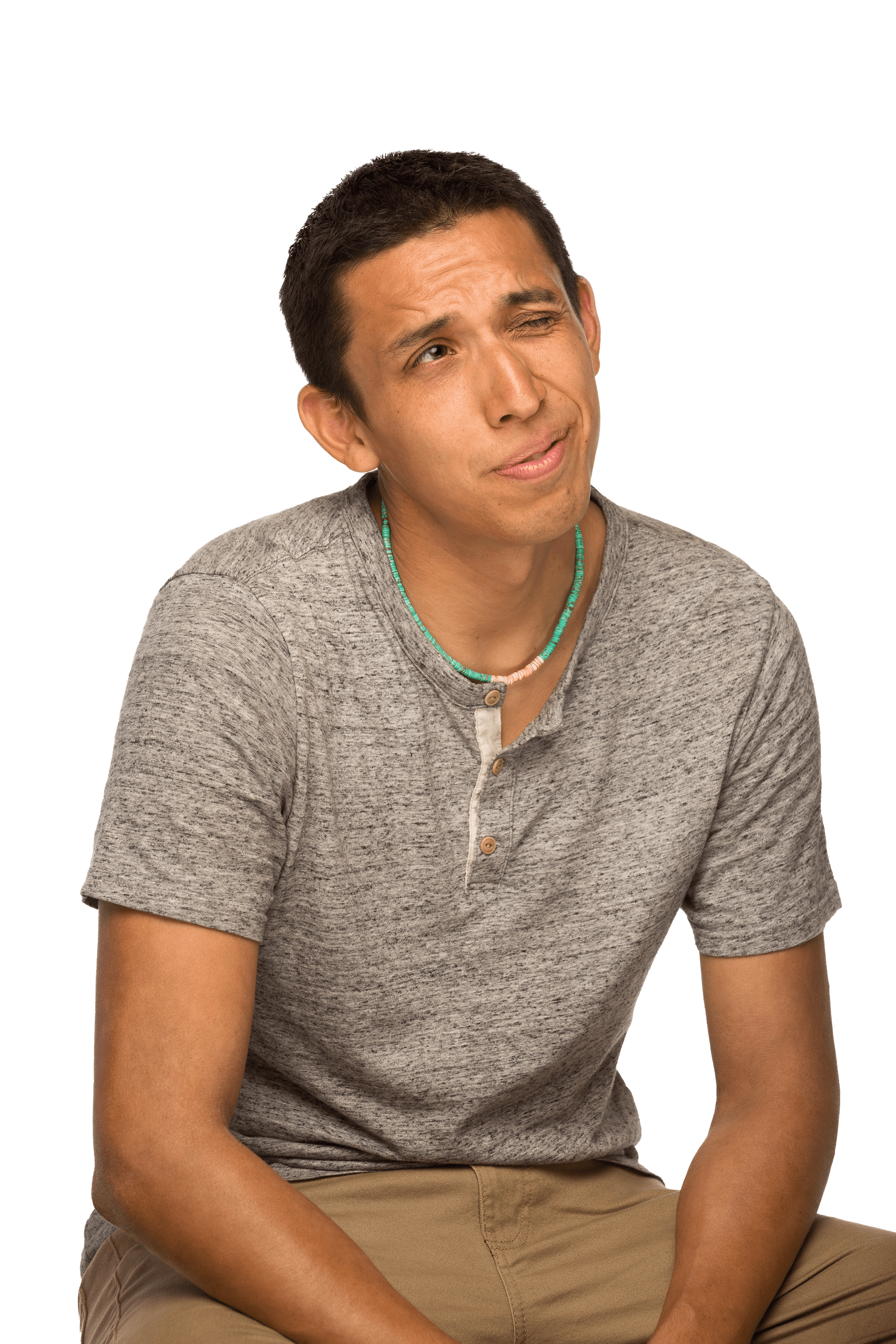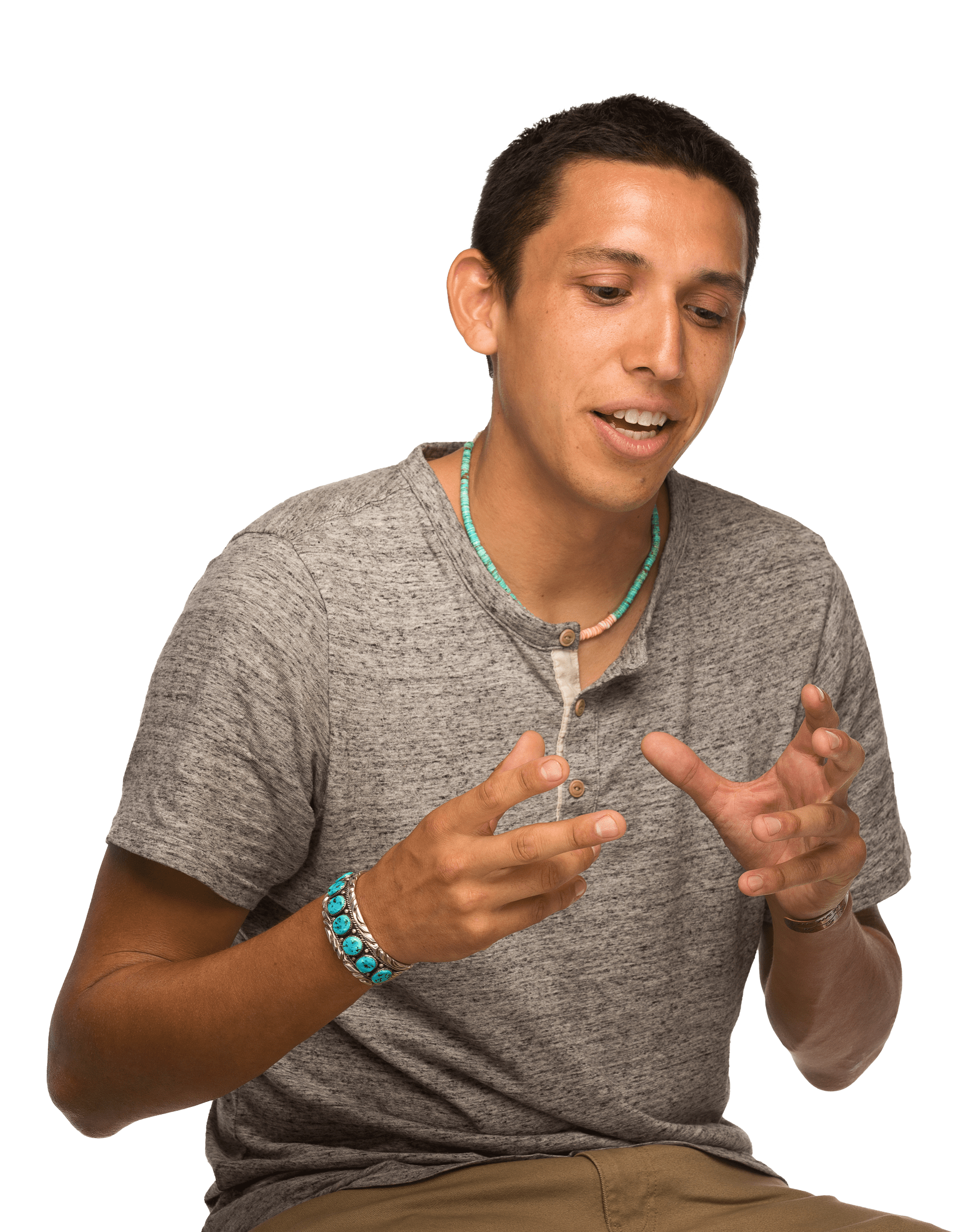I am an
ARCHAEOLOGIST
At BOSTON UNIVERSITYWade Campbell
This scientist was part of our original collection.*A few features may be different.
WADE
CAMPBELL
He/Him
“Any groundbreaking work should trigger [questions]. Often archaeology offers perspective that can unsettle modern society, and the idea that we are unique. Especially western society.”
From a young age, Wade Campbell wanted to better understand how the world came to be as it is, so it isn’t surprising that he’s carved out a career in science that straddles the past and the present.
Originally from the Four Corners region of Arizona and New Mexico, Wade is a member of the Navajo Nation. His research interests developed from his sense of curiosity and connection to the Southwest. Key questions like -- what has influenced the historical and current relationships between Native peoples and non-Native groups like the Spanish or Americans? How did today's communities form? Why do places have certain names? -- led Wade to develop an interest in better understanding the role of the Navajo people within the history of American Southwest.
Before college, his parents told him to “go away and see the world, if you come back, bring that back with you.” While pursuing his education, he worked in West Africa as political unrest began to affect the region. During this volatile-- and often scary-- period, he learned how interrelated archaeology and politics are, and how important understanding context is to historical records.
As Wade considers the issues and records of the past, he also finds the connections and relevancy of these with current public health and welfare issues – especially as they relate to the Navajo Nation and other tribal communities. But while archaeology provided him with tools and a method for addressing questions that matter deeply to him, he’s also keenly aware of the historical damage that archeologists have imposed upon indigenous groups and actively works to rebuild lost trust between science and his people.
Science, for Wade, is fluid and fundamental. And archaeology in particular is also a puzzle. How do we glean information from the past? Can this information, though rooted it the past, provide a new perspective that can inform our beliefs and actions? Wade believes it can, and does.
Notable Accomplishments:
MS in Anthropology/Archaeology from Harvard University
2015 Ford Foundation Pre-Doctoral Fellow
The
basics:
Expertise: Archaeology; Anthropology
Title: Assistant Professor of Anthropology & Archaeology
Institution: Boston University
I am an outdoor-loving explorer who is building bridges between the past and the present.
BIKING
•
SOCCER
•
CAMPING
•
GLOBAL MUSIC
•
SCI-FI AND FANTASY
•
BIKING • SOCCER • CAMPING • GLOBAL MUSIC • SCI-FI AND FANTASY •
things I love:

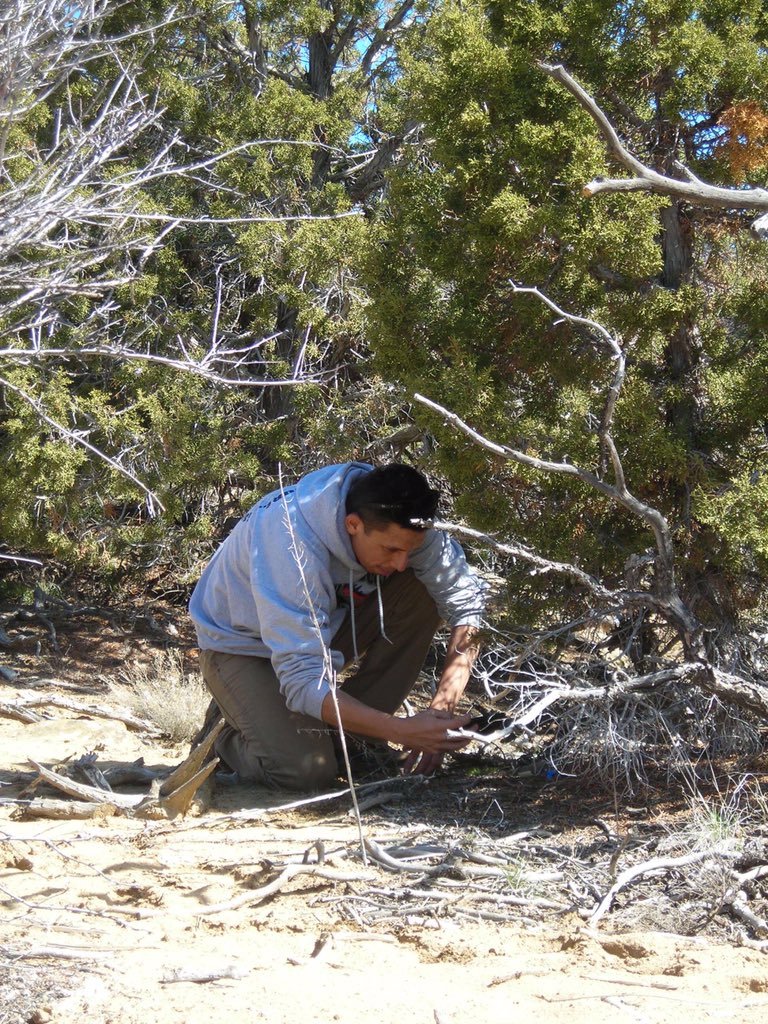
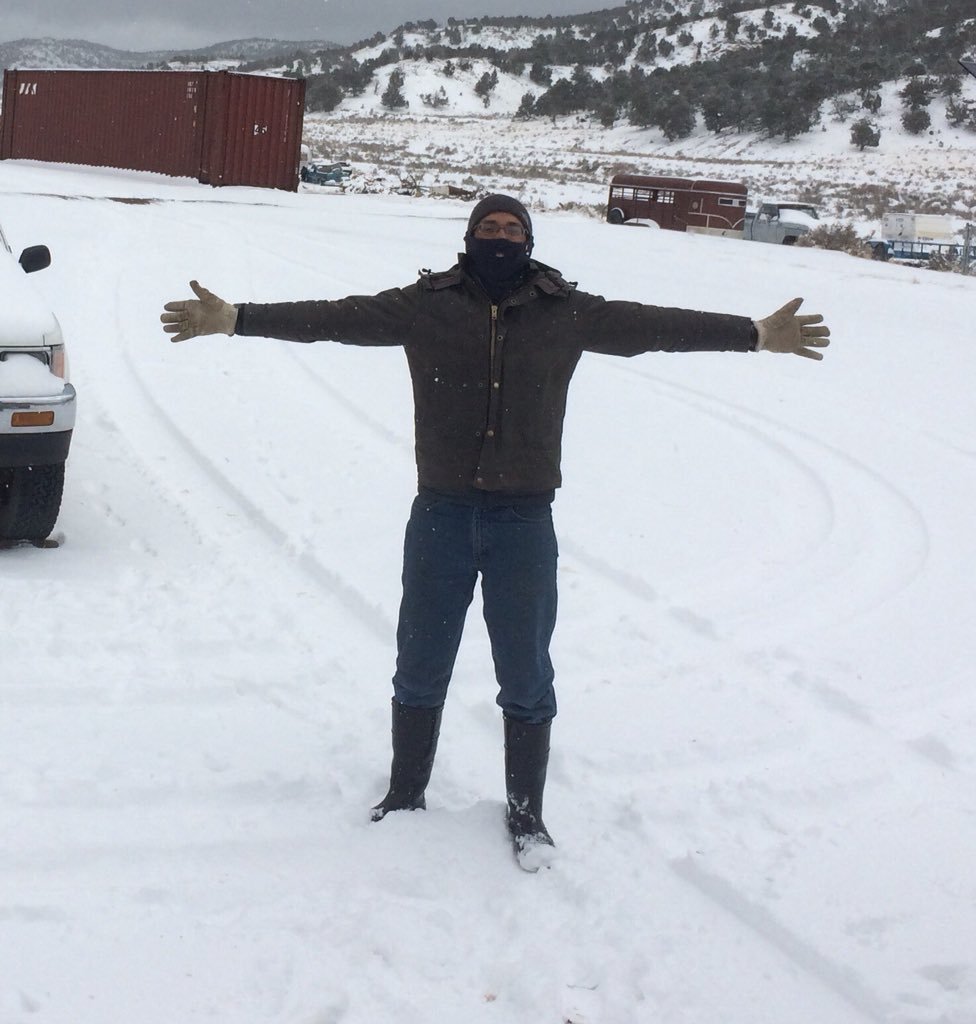
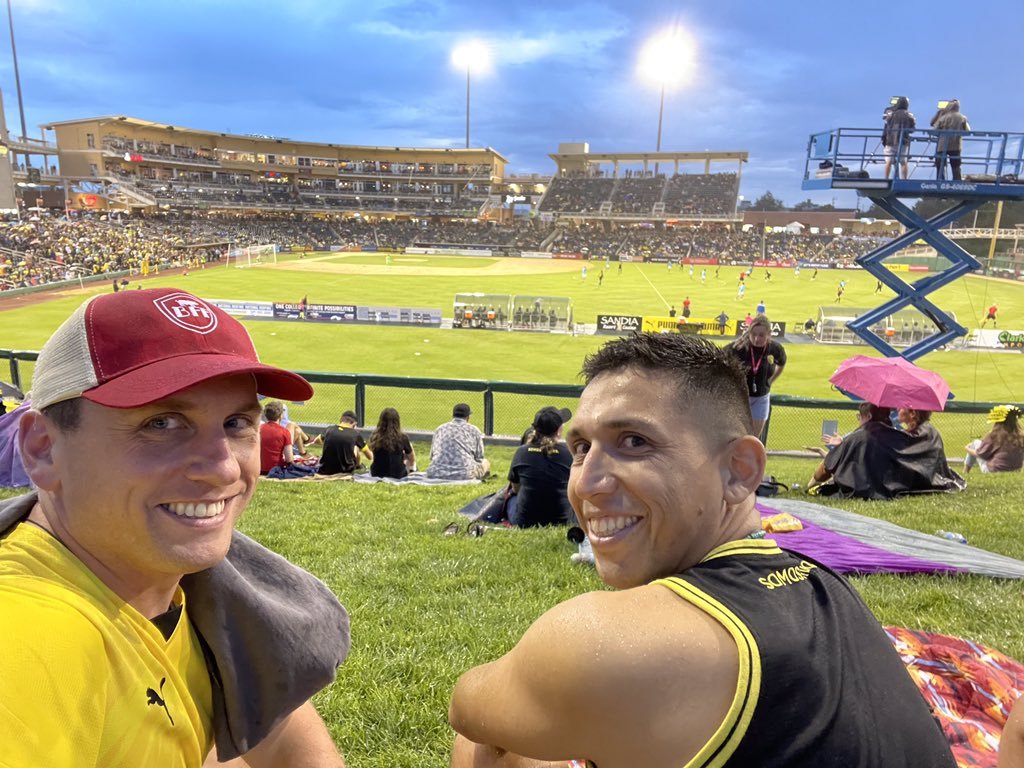
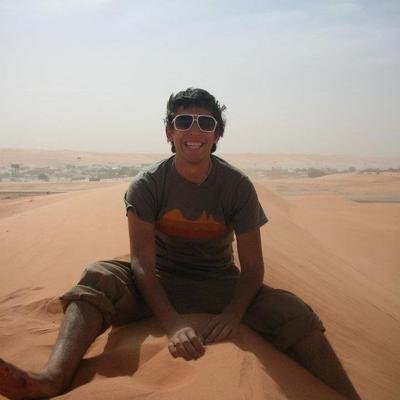
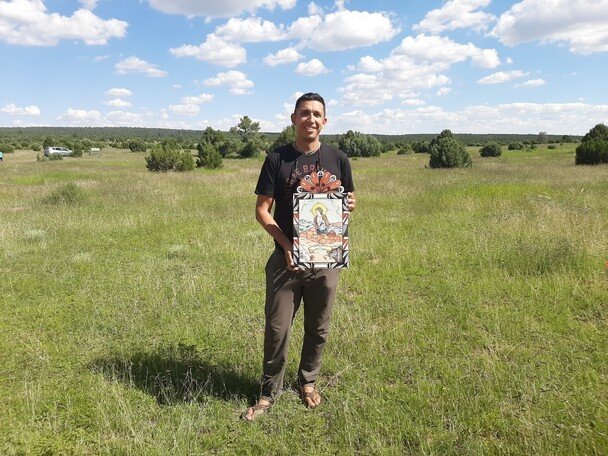
WHAT I DO
i am aN ARCHAEOLOGIST
My goal is to better understand how interactions between the Navajo, Spanish, and other groups that live there changed the local culture, beliefs, and practices.
I am finishing my phd at harvard.
There I teach students and work on computers and other machines to analyze objects and materials.
i currently study the history of the american southwest.
I have also worked outside on archaeological digs in other places within the U.S., Peru, and West Africa.
i believe in respect while learning about the past.
It’s important to me to build respectful, collaborative relationships with the people this history belongs to, so that people can come together to better understand the past.
MY WHY
Often archaeology offers perspective that can unsettle modern society, and the idea that we are unique.
I WANT TO KNOW:
What was the historical relationship between Natives and the Spanish?
What happens physically and culturally when two worlds collide?
MY ADVICE
a little about me
I am originally from the Four Corners region of Arizona and New Mexico (Gallup) and I’m a member of the Navajo Nation.
I'm also a very good whistler and talker, but not at the same time. I love reading. My favorite genres include mysteries, sci-fi, and fantasy. I love exploring landscapes, which I started doing at an early age. Hiking and camping have come naturally because of it. I enjoy activities that usually end in social gathering, often around food. I also love to garden which makes sense since I’m curious about where things come from!
MY PATH TO SCIENCE
Exploring Landscapes
I grew up in the Four Corners region of Arizona and New Mexico (Gallup) and I’m a member of the Navajo Nation. I am mixed race — Navajo and Anglo — and, from a young age, knew I didn’t fit into a specific mold. I liked to explore and became very interested in the beautiful land I was living on and its history.
Close to Home
Through high school I continued to explore. I didn’t have a clear explicit interest in science at the time, but was very curious. At 17, I became a wood-hauler. I collected firewood and delivered it to people who needed it. It kept me active which I loved, and also allowed me to further explore and connect with the landscape.
Seeing the World
Though I have close roots in the American southwest, I wanted to explore beyond it. I decided to attend Yale, in the Northeast, and to pursue archaeological studies given my interested in exploration, the land, and history. While pursuing my education, I worked in West Africa during a dangerous and violent time. Through this experience, I learned how archaeology and present day politics can interact.
Coming Full Circle
After Yale, I returned to New Mexico. Though jobs were scarce in the Four Corners area, with seasonal work in Cultural Resource management one of the few options, I was determined to continue with archaeology. I applied for fellowships so I could continue my education through graduate school, and was awarded the 2015 Fore Foundation Pre-Doctoral Fellow which allowed me to attend Harvard and continue my studies.
Bringing it Back
Through my work, I have found connections between my research in archaeology and the current public health and welfare issues — especially as they relate to the Navajo Nation and other tribal communities. After I complete my PhD, I plant to, as promised to my dad, “bring back what I found”, to work in the southwest and rebuild lost trust between science and Navajo Nation.
I study Archaeology
Archaeologists study human civilizations and history through the analysis of found items and historic sites.
INTRODUCING
ARCHAEOLOGY
What is archaeology? Why does it matter?
How do you study human history and past cultures when there is nothing yet written about them in the history books? By digging up the past. Archaeology is the study of any materials made by humans and what they can tell us about how humans lived in the past. This can include ancient tools made out of stone, or modern equipment that has been discarded. Sometimes archaeologists find the materials they study by digging down into old layers of dirt in places where we know human civilizations used to be. But archaeologists can also study the more recent past by looking at what has been left behind. One example of this is the modern study of immigration of humans from Mexico into the U.S. by looking at what kind of objects can be found along the path migrants walk between countries. Scientists might look at what migrants pack into abandoned backpacks and what kinds of shoes are discarded along the way to better understand this journey and what it is like for the people who embark upon it. But archaeologists can also dig deep into past cultures by unearthing tools used by humans thousands of years ago.
When archaeologists uncover tools and other materials from the past, looking at what they are made of, how old they are, and what they might have been used for can tell these scientists a lot about what life was like for humans during those time and what kinds of plants and animals might have been around to eat, for example. This process often involves three stages: survey, in which the scientists decide where to look for materials, excavation, in which the scientists carefully dig up old artifacts, and analysis, in which the scientists use modern methods to date the materials found and determine what they were used for. Altogether, these scientific methods of archaeology allow us to better understand ourselves and our collective past so that we can write it into history books for future generations.
Career Resources
Every scientist’s path is unique, and the right resources can make all of the difference. Below are a selection of resources that may be helpful for those who are interested in areas of science that are related to Wade’s work.
“Any groundbreaking work should trigger [questions]. Often archaeology offers perspective that can unsettle modern society, and the idea that we are unique, especially western society.”
— Wade Campbell, MS
KEEP EXPLORING
Here are some resources we recommend for diving deeper into themes from this story.
Cultural Studies
FIELD GUIDE
coming soonView more related scientists:
Looking for teacher resources?
PHOTOGRAPHER: Erica Derrickson • Boston, MA© 2024 THE PLENARY, CO. ALL RIGHTS RESERVED. TERMS. PRIVACY.This is a brand new site! See an issue? Let us know.


